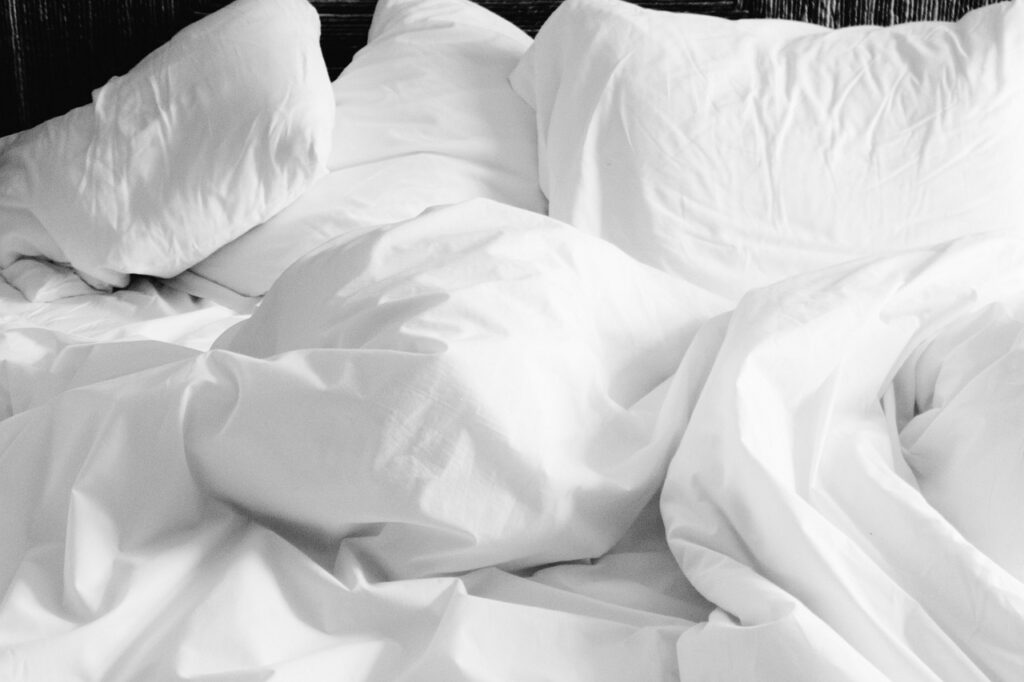
As we enter 2023, many of you will be setting out your new years resolutions – Getting better and consistent sleep may be amongst them, so we, that is to say, Merch Mates, put together a few points on how to achieve this.
Getting quality sleep is essential for living a healthy lifestyle. Unfortunately, many people need help with getting enough restful sleep regularly. To help you get the quality of sleep you need, here are some tips to help you achieve better rest.
1. Set a Consistent Sleep Schedule
Sticking to your body’s natural circadian rhythm by going to bed and waking up at the same time every day can help ensure you get the proper amount of quality rest each night. Limiting napping during the day is also essential, as it can skew your body’s natural cycle and make it hard to fall asleep each night.
2. Avoid Stimulants Before Bed
Consumption of caffeine, nicotine or other stimulants close to bedtime can adversely affect your ability to get quality sleep due to their stimulating properties. It’s also essential to avoid alcohol consumption before bed as this alters your brain wave patterns in a way that often leads to disturbed sleep.
3. Create an Ideal Sleeping Environment
Creating an environment conducive to sleeping is critical when getting better quality sleep. Ensure the room is relatively dark and quiet (consider using earplugs or noise-cancelling machines if necessary). Also, set your thermostat between 60-67 degrees Fahrenheit, as this range is optimal for getting deep sleep without disruption from excessive heat or cold temperatures.
4. Exercise Regularly
Exercise helps reduce stress and anxiety levels, which can interfere with falling and staying asleep throughout the night. Aim for 30 minutes of moderate physical activity most days throughout the week. Avoid exercising within 3 hours of bedtime as this can have a stimulating effect on the body, making it difficult for you to wind down afterwards.
5 . Take Time To Wind Down Before Bed
Time before bed each night helps signal our bodies that it’s time for restful sleep. This could involve relaxing activities such as reading, calming music or meditating. These all prepare our brains for slumber by prompting slower breathing and reduced heart rate, which encourages relaxation and drowsiness.
6 . Avoid Looking at Screens Right Before Bed
Digital devices emit light that suppresses melatonin production, which interferes with our internal clocks, leaving us unable to fall asleep properly, especially if we look at screens right before seeing the sandman (bedtime). So, try putting away any phones, tablets or computers at least an hour before hitting the hay so your brain can shift out of active mode into rest mode, ready for the shut-eye session ahead!
Getting consistent, quality sleep is essential for overall health and well-being, so it’s important to follow the tips outlined above to achieve better rest.
